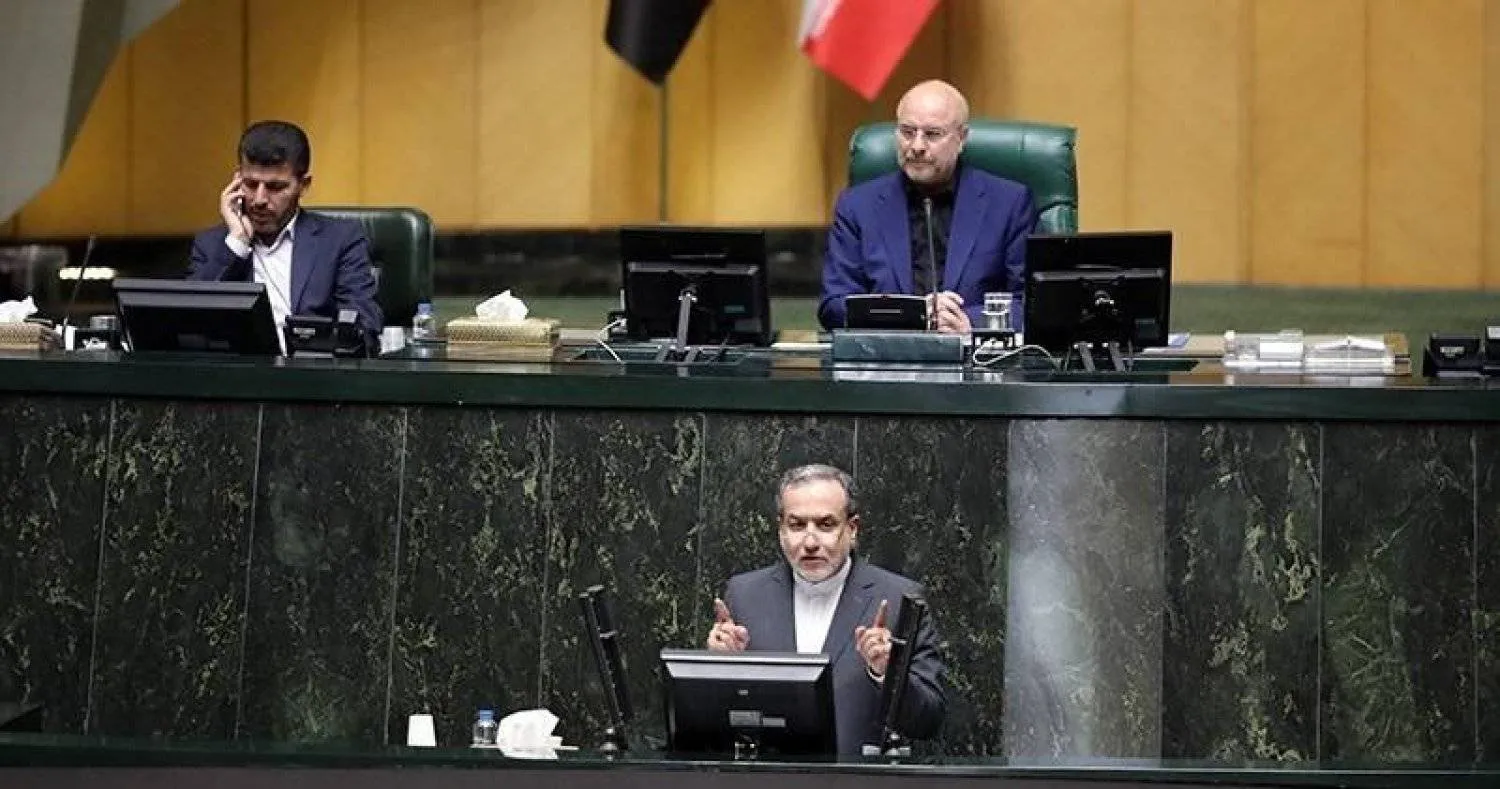A day after Iran's parliament approved President Masoud Pezeshkian's 19 minister-cabinet, the country’s new foreign minister, Abbas Araghchi, put conditions on the renewal of ties with European Union countries.
In an interview with Japan's Kyodo News, Araghchi said the new government has designated encouraging relations with East Asia a pivotal objective, and emphasized “Japan's prominent position” in this context.
The minister explained that due to hundreds of unilateral sanctions on Iran's economy, including banking and trade, imposed by the US government in the past decade to curb Iran's nuclear activities, Japan had to abandon the Iranian market.
Araghchi said he believes Iran and Japan, with their distinct yet complementary capabilities, hold immense potential for forging a mutually beneficial and stabilizing partnership across Asia.
Lifting Sanctions
The foreign minister explained that as a crucial step toward lifting the sanctions on Iran's economy and returning it to normal trade relations in the international community, the Foreign Ministry will seek to manage tensions with Washington and rebuild ties with European countries.
But he said that this will only happen if these countries abandon their “hostile approach” while aiming to revive the 2015 nuclear deal and lift sanctions.
“In my foreign policy address to the Islamic Consultative Assembly, I highlighted the crucial objective of lifting sanctions, particularly unilateral ones, through earnest, focused, and time-bound negotiations while upholding the nation's fundamental principles,” Araghchi said.
Iran struck a landmark nuclear pact in 2015 with six major powers -- Britain, China, France, Germany, Russia and the United States.
However, Trump criticized the deal as flawed and pulled the United States out of it in May 2018. Iran countered the US move by increasing its nuclear activities beyond the limits set in the deal.
Araghchi, a veteran diplomat who has also served as ambassador to Finland and Estonia, played a vital role in finalizing the 2015 nuclear deal as Iran's deputy foreign minister and senior negotiator.
Araghchi’s Promises
In his pitch to become the country’s top diplomat, Araghchi promised a “comprehensive and effective” foreign policy to tackle regional and global challenges, insisting on an approach free from political biases.
He outlined three key goals: protecting national interests, strengthening security, and upholding the country’s dignity.
Araghchi outlined his top foreign policy priorities, placing China, Russia, and emerging powers in Africa, Latin America, and East Asia at the forefront.
“These nations supported us during sanctions, and they will be central to our foreign policy,” he said.
He also emphasized the importance of “good neighborliness,” vowing to strengthen ties with neighboring countries to capitalize on political and economic opportunities.
Iranian lawmakers supportive of Araghchi said they were pleased with his commitment to the parliamentary law on the nuclear program, as well as the regional activities of the Revolutionary Guards, and non-negotiation on the missile program.









